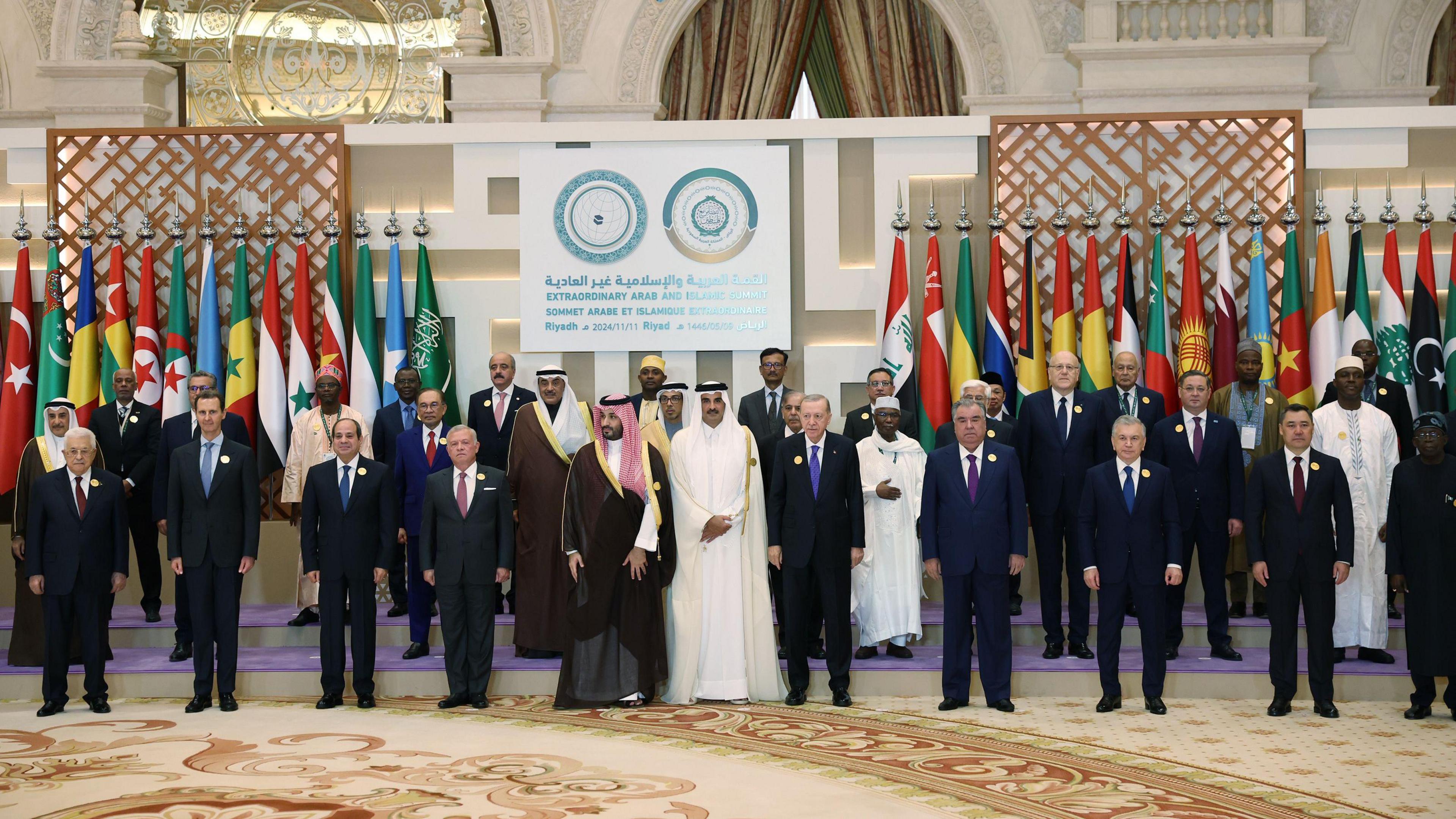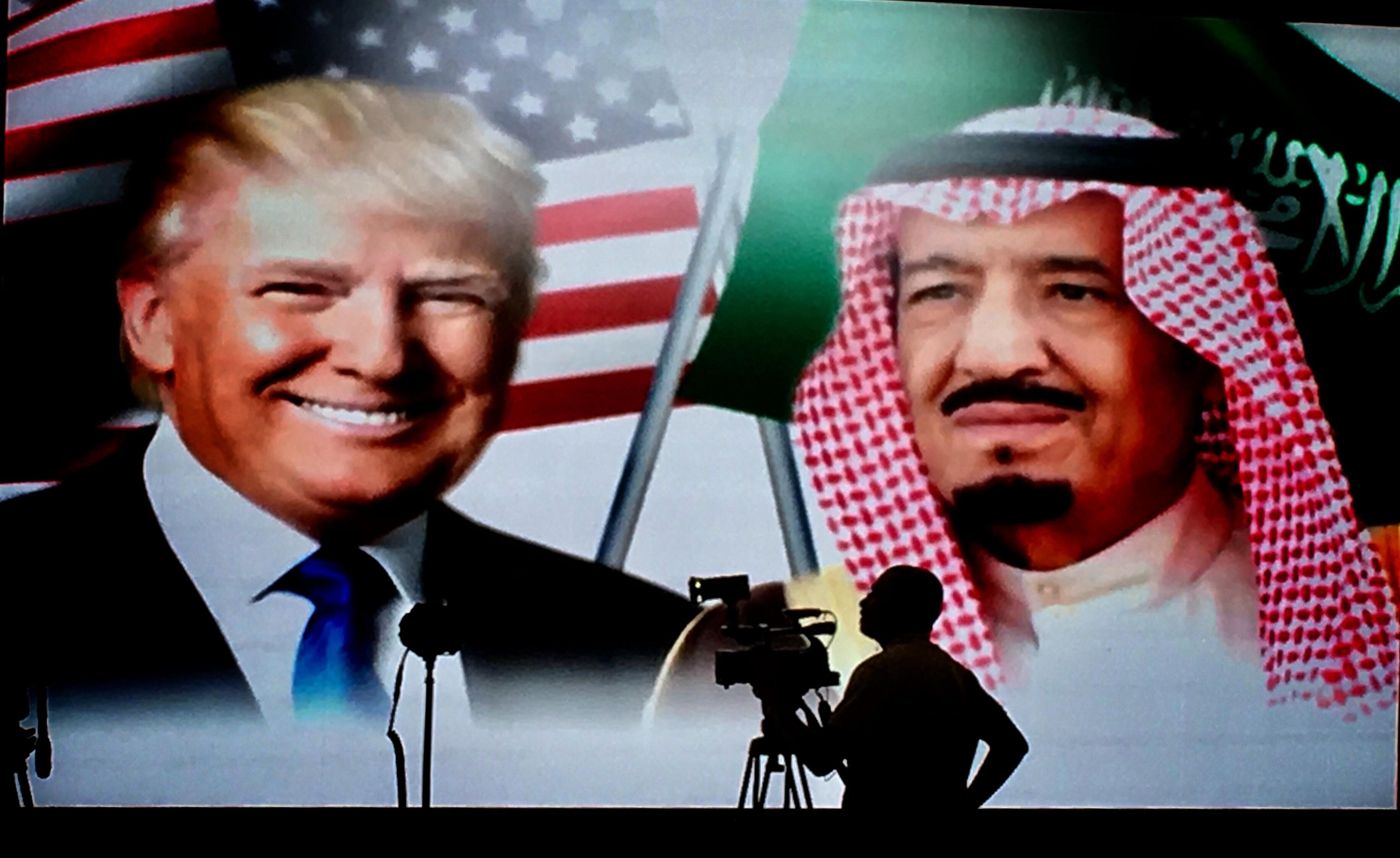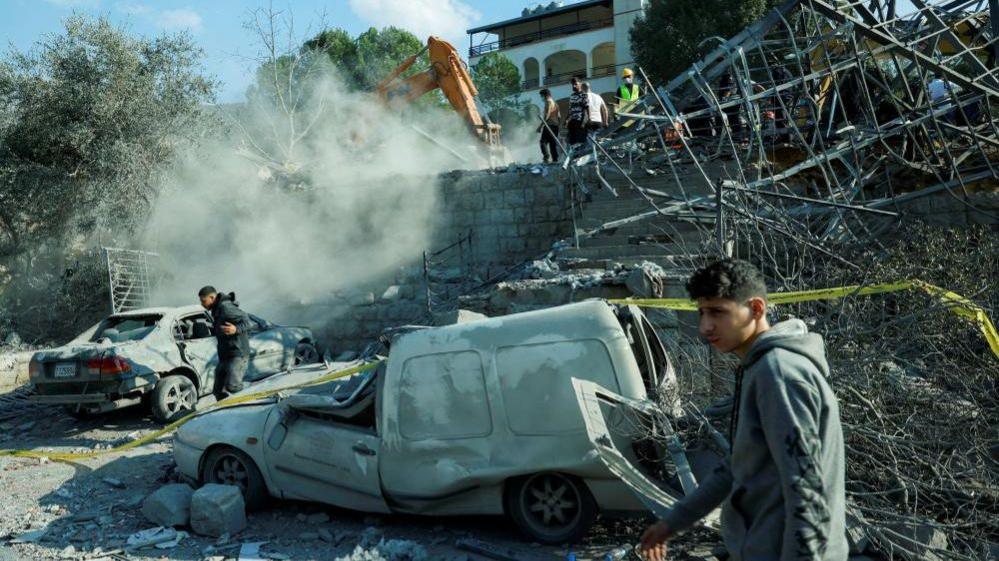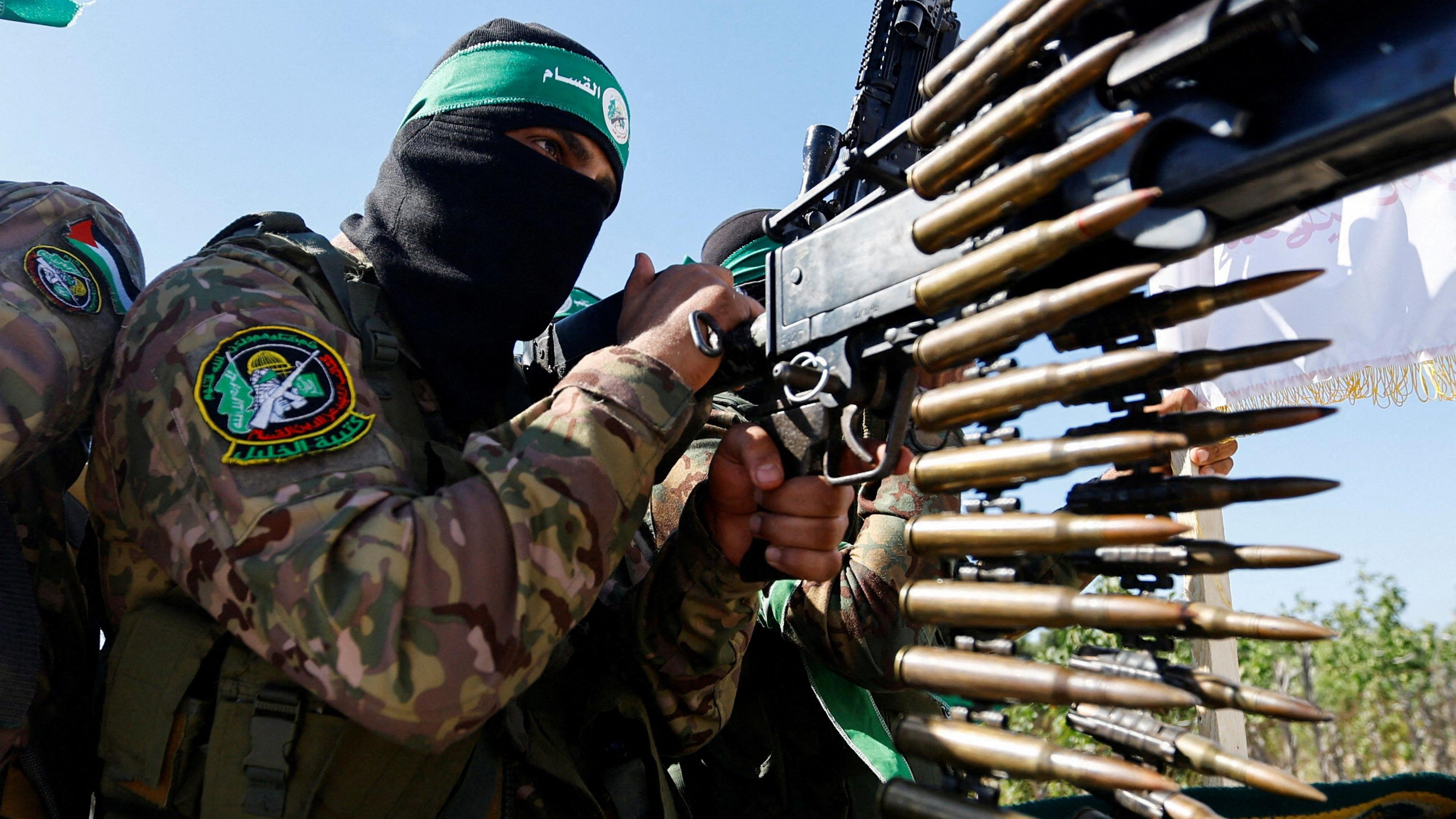Saudi crown prince says Israel committing 'genocide' in Gaza

- Published
Saudi Crown Prince Mohammed bin Salman has condemned Israel’s actions in Gaza as “genocide” in some of the harshest public criticism of the country by a Saudi official since the start of the war.
Speaking at a summit of Muslim and Arab leaders the prince also criticised Israeli attacks on Lebanon and Iran.
Israel has vehemently denied that its forces are committing genocide against Palestinians in Gaza.
In a sign of improving ties between rivals Riyadh and Tehran, Prince Mohammed also warned Israel against launching attacks on Iranian soil.
Saudi's de facto leader was joined by other leaders present in calling for a total Israeli withdrawal from the West Bank and Gaza.
Meanwhile, Saudi Arabia's foreign minister said it was a “failing of the international community” that the war in Gaza had not been stopped, accusing Israel of causing starvation in the territory.
Prince Faisal Bin Farhan Al-Saud said: "Where the international community primarily has failed is ending the immediate conflict and putting an end to Israel’s aggression.”
The war in Gaza was triggered by Hamas's 7 October 2023 attack, which saw hundreds of gunmen enter southern Israel. About 1,200 people were killed and 251 others taken hostage.
Israel retaliated by launching a military campaign to destroy Hamas, during which more than 43,400 people have been killed in Gaza, according to the Hamas-run health ministry.
A report by the UN’s Human Rights Office found that close to 70% of verified victims over a six-month period in Gaza were women and children.
Leaders at the summit also condemned what they described as Israel's “continuous attacks” against UN staff and facilities in Gaza.
Last month, the Knesset passed a bill to ban Unrwa, the UN Palestinian refugee agency, from operating in Israel and occupied East Jerusalem, accusing the organisation of colluding with Hamas.
Several countries, including the US and the UK, have expressed serious concern about the move limiting the agency’s ability to transfer aid to Gaza.
In the backdrop of the well-attended summit, is Donald Trump’s return to the White House.
Gulf leaders are aware of his closeness to Israel, but they also have good relations with him, and want him to use his influence and his fondness for deal-making to secure an end to conflicts in this region.
In Saudi Arabia, Trump is viewed much more favourably than Joe Biden, but his track record in the Middle East is mixed.
He pleased Israel and angered the Muslim world by recognising Jerusalem as Israel’s capital as well as the annexation of the occupied Golan Heights. He also secured the Abraham Accords in 2020 which saw the UAE, Bahrain and Morocco establish full diplomatic relations with Israel and Sudan agree to do so.
One editorial in a leading Saudi newspaper today is titled: “A new era of hope. Trump’s return and the promise of stability.”
Related topics
- Published11 November 2024

- Published10 November 2024

- Published8 November 2024
